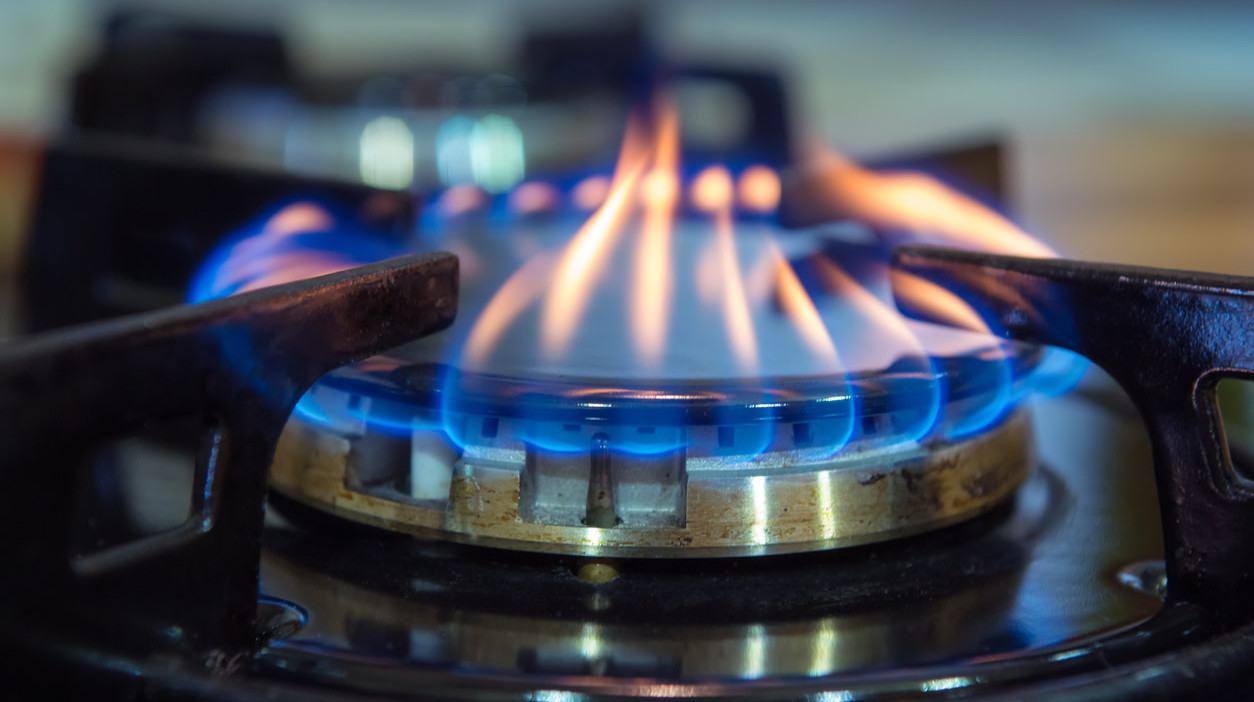Cities Ban Gas Stoves In Favor Of Electric
I've never once met a person who said, "I love my electric stove." Culinary experts and food media alike have always driven home the point that these stoves are supposedly inferior in every way: They don't get hot enough, and it's harder to control their heat levels. There's only one reason why anyone would say that electric is superior to gas, but it's a good enough reason to ditch your gas stove for good: the environment. For many residents of California, the decision to go electric is being made for them, as 13 cities and one entire county have enacted zoning codes pushing new construction projects to only include electric stoves.
The first electrification building code was passed by Carlsbad, California in March of this year, and applied only to water heaters. In June, the nation's first all-out ban on gas was issued in Berkeley, California, which now prohibits gas lines to be run in any new construction. The goal is to create fewer legacy gas hookups to buildings, forcing them to rely on carbon-neutral energy solutions for heating and cooking. Natural gas produces 33% of U.S. carbon dioxide emissions from electricity generation, according to the U.S. Energy Information Administration.
Speaking to USA Today, Robert Jackson, a professor of energy and the environment at Stanford University in Palo Alto, California, says that the ordinances are essential to reducing the country's carbon footprint. "Every house, every high-rise that's built with gas, may be in place for decades. We're establishing infrastructure that may be in place for 50 years," he said.
The new building codes only apply to new construction beginning in 2020; Californians with existing gas lines don't need to switch off the gas, unless they're compelled to by their own desire to get a little bit greener. Cities in Massachusetts, Oregon, and Washington state are considering similar policies.
